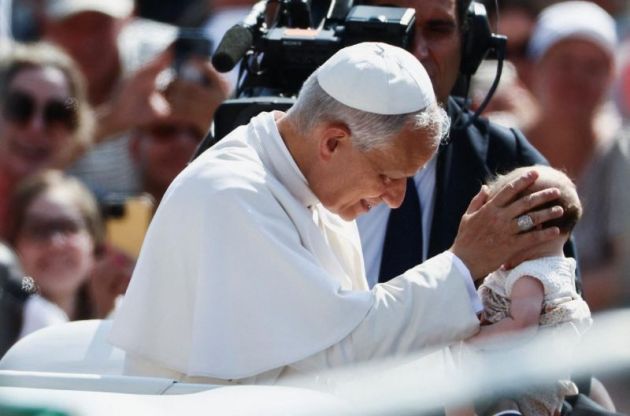AI must help, and not hinder, young people's development says Pope Leo

Pope Leo XIV has issued a warning about artificial intelligence, stating that it raises pressing questions regarding the development of young people and children.
The pontiff said that human dignity should never be forgotten, while AI should not interfere with the proper human and neurological development of the young.
Pope Leo made this observation in his message to the Second Annual Rome Conference on Artificial Intelligence, published on June 20.
"AI, especially Generative AI, has opened new horizons on many different levels," said the leader of the Catholic Church.
These include "enhancing research in healthcare and scientific discovery, but also raises troubling questions on its possible repercussions on humanity's openness to truth and beauty, on our distinctive ability to grasp and process reality," said the Pope.
Making his announcement on the second day of the conference taking place in the Apostolic Palace, he said it is "a clear indication of the Church's desire to participate in these discussions that directly affect the present and future of our human family."
"Together with its extraordinary potential to benefit the human family, the rapid development of AI," the Pope warned, "also raises deeper questions" concerning the proper use of such technology in generating a more authentically just and human global society.
He said AI is an exceptional product of human genius, but it remains a tool.
- A PRODUCT OF HUMAN GENIUS
While AI is "undoubtedly an exceptional product of human genius," he stressed, as Pope Francis did in the past, that AI, is, "above all else, 'a tool.'"
The Pope acknowledged and respected what is uniquely characteristic of the human person is essential to the discussion of any adequate ethical framework for the governance of AI.
"All of us, I am sure, are concerned for children and young people, and the possible consequences of the use of AI on their intellectual and neurological development."
"Our youth must be helped, and not hindered, in their journey towards maturity and true responsibility," underscoring they "are our hope for the future."
"Society's well-being," he also underscored, "depends upon their being given the ability to develop their God-given gifts and capabilities, and to respond to the demands of the times and the needs of others with a free and generous spirit."
No matter how extensive, AI must not be confused with intelligence
No generation has ever had such quick access to the amount of information now available through AI.
"But again, access to data — however extensive, must not be confused with intelligence, which necessarily involves the person's openness to the ultimate questions of life and reflects an orientation toward the True and the Good."
While AI has been used in positive and indeed noble ways to promote greater equality, Pope Leo still cautioned about "the possibility of its misuse for selfish gain at the expense of others, or worse, to foment conflict and aggression."
Still, Pope Leo noted that for its part, the Church wishes to contribute to a serene and informed discussion of these pressing questions by stressing above all the need to weigh the ramifications of AI in light of the "integral development of the human person and society."
He stressed, "This entails taking into account the well-being of the human person not only materially, but also intellectually and spiritually.
"It means safeguarding the inviolable dignity of each human person and respecting the cultural and spiritual riches and diversity of the world's peoples."
The Pope said that ultimately, the benefits or risks of AI must be evaluated precisely according to such superior ethical criterion.
He warned against societies today experiencing a specific "loss" or "at least an eclipse" of what is human, and saying it "challenges all of us to reflect more deeply on the true nature and uniqueness of our shared human dignity."